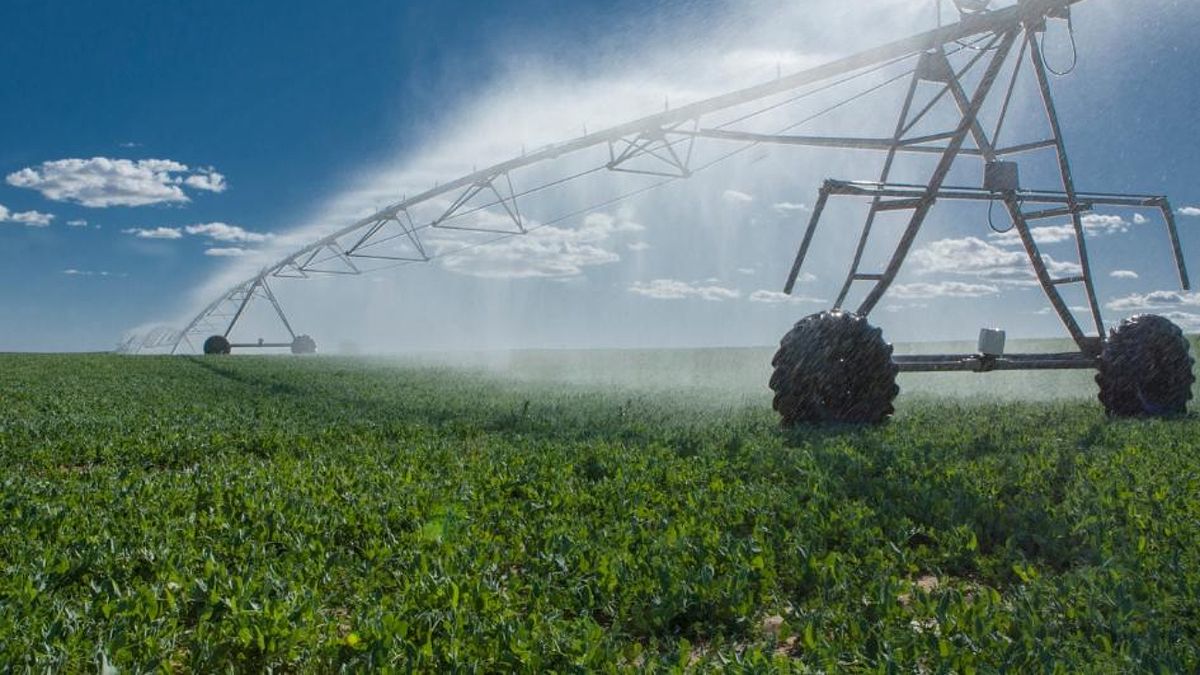The Rural Association of Uruguay (ARU) appears this Tuesday before the Livestock, Agriculture and Fisheries Commission of the Chamber of Deputieswhere the bill on Natural FieldHowever, the agricultural union will oppose the initiative, considering it an element that complicates the production of the sector in a context where competitiveness is already undermined.
He Parliament began to treat the Natural Field Lawa project promoted by the Uruguayan Association of Grassland Cattle Farmers (Augap) to “protect the resource and encourage responsible production of it.” In this context, the ARU will appear before the committee to give his opinion on the initiative.
“We are against this law, which began with good intentions, but really makes production in the sector much more complex,” said the president of the union, Patricio Cortabarria, in dialogue with Rurales El País. “It will be necessary to sample and monitor 10 million hectares per year, where producers will have to ask permission from the different agents to see the degree of intervention that we can have in those fields,” he added, regarding the implications that such a measure could have for producers.
This situation would not bring any “added value nor boost production”, but, on the contrary, would generate “greater bureaucracy, limiting the capacity for action of producers.” Something that is pointed out as negative, especially in the context of competitiveness declining due to the exchange rate and the situation of low international commodity prices, which are already significantly affecting the agricultural sector.
For this reason, the ARU presents numbers to more forcefully illustrate the effects that the law in question could generate; among them, a tax reduction of more than 60 million dollars per year. “We believe that no government can see this as opportune,” said Cortabarría.
The Rural Federation He also spoke out against the Natural Field Law.
What is the Augap project about?
The project of Natural Field Law seeks to promote, conserve and encourage production on this type of land, a “distinctive hallmark of the country.”
In this sense, the text establishes a series of economic stimuli For those producers who preserve natural land by producing on it, whether it is reestablished, regenerated or conserved; for example, tax exemptions.
Prepared by legislators of the Broad Front, The project declares “of general interest the preservation and conservation of natural fields, and the promotion of sustainable management policies for grazing and other uses.” To this end, it states that the ministries of Livestock, Agriculture and Fisheries (MGAP) and of Atmosphere, “They will be the governing bodies of public policies” on the subject; while the municipalities must promote “the characterization of natural fields within the department, in terms of their conservation priority,” for which “they must have the appropriate structures and procedures.”
In addition, it creates the “Natural Field Support Fundas a separate and independent allocation of assets intended to provide financial assistance to research projects, management plans and municipalities so that they can comply with the responsibilities assigned to them by law and those derived from its regulations. And it promotes “the classification and labelling of meat and wool produced wholly or partially in natural fields.”
Source: Ambito




